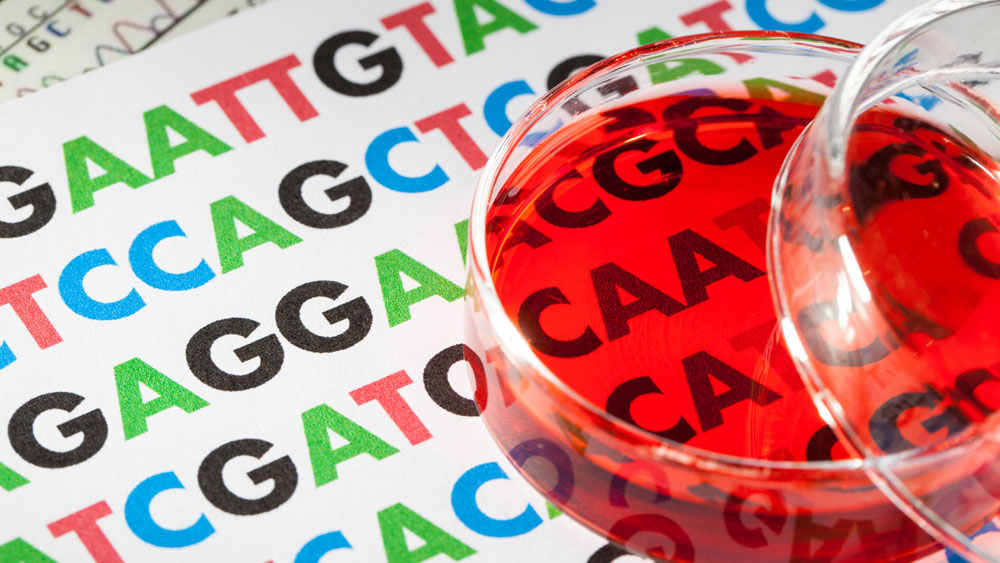Cancer immunotherapy at Cardiff
28 June 2022Cancer immunotherapy is a groundbreaking research area that aims to help the immune system to identify and target cancer cells. Cardiff University is expanding the potential of cancer immunotherapy through a combination of bioinformatics, laboratory research, clinical trials, and collaboration with institutions across Wales.
Our immune system identifies and destroys unhealthy infected tissue throughout the body, with the exception of cancer tissue. When it comes to cancer, the immune system instead identifies it as healthy, leaving cancer cells to grow unimpeded.
Cancer immunotherapy is a groundbreaking research area that aims to overcome this problem by persuading the immune system to stop cancer in its tracks. Immunotherapy breakthroughs include the development of new antibodies that can attach themselves to immune cells and block out the “stop” signal that prevents the immune system from identifying the cancer as infected.
This has provided significant developments in treatment for previously untreatable cancers such as melanoma, but the research has a long way to go, with limited success rates shown in trials for other types of cancers.
In our showcase, Professor Awen Gallimore, Co-Director of Systems Immunity Research Institute, shows how Cardiff University is expanding upon the potential of cancer immunotherapy through a combination of bioinformatics, laboratory research, clinical trials, and collaboration with institutions across Wales.
Lorenzo Capitani, a PhD student in Awen’s team, provides an example of this research, sharing details of his own investigation into a novel treatment for colorectal cancer, the 4th deadliest cancer in the world. Currently, clinical trials targeting colorectal cancer with immunotherapy have been widely unsuccessful.
Lorenzo believes this may be due to the high percentage of LAG3 found in colorectal cancer cells, a gene inside white blood cells that may be giving out a “stop” signal to suppress immune responses. Lorenzo’s research tracks the correlation between LAG3 and the success rates of treatment in colorectal cancer patients, ultimately determining whether a new immunotherapy could be developed that directly targets and blocks LAG3 from functioning, improving treatment for colorectal cancer and providing a foundation for future immunotherapies.
Cardiff’s research aims to give hope to cancer patients living with these incurable diseases.
- January 2026
- November 2025
- September 2025
- July 2025
- June 2025
- May 2025
- April 2025
- March 2025
- February 2025
- January 2025
- October 2024
- September 2024
- August 2024
- July 2024
- June 2024
- May 2024
- April 2024
- March 2024
- February 2024
- January 2024
- December 2023
- November 2023
- October 2023
- September 2023
- August 2023
- July 2023
- June 2023
- May 2023
- April 2023
- March 2023
- February 2023
- January 2023
- November 2022
- October 2022
- September 2022
- August 2022
- July 2022
- June 2022
- May 2022
- April 2022
- March 2022
- February 2022
- January 2022
- December 2021
- November 2021
- October 2021
- September 2021
- August 2021
- July 2021
- June 2021
- May 2021
- April 2021
- March 2021
- February 2021
- January 2021
- December 2020
- November 2020
- October 2020
- September 2020
- August 2020
- July 2020
- June 2020
- May 2020
- April 2020
- March 2020
- January 2020
- December 2019
- November 2019
- October 2019
- September 2019
- August 2019
- July 2019
- May 2019
- April 2019
- March 2019
- February 2019
- January 2019
- December 2018
- November 2018
- October 2018
- September 2018
- August 2018
- July 2018
- June 2018
- May 2018
- April 2018
- March 2018
- February 2018
- December 2017
- November 2017
- October 2017
- September 2017
- August 2017
- July 2017
- June 2017
- May 2017
- April 2017
- March 2017
- February 2017
- January 2017
- November 2016
- October 2016
- September 2016
- July 2016
- June 2016
- May 2016
- April 2016
- March 2016
- February 2016
- January 2016
- December 2015
- November 2015
- October 2015
- September 2015
- August 2015
- January 2015
- December 2014
- November 2014
- September 2014
- August 2014
- May 2014
